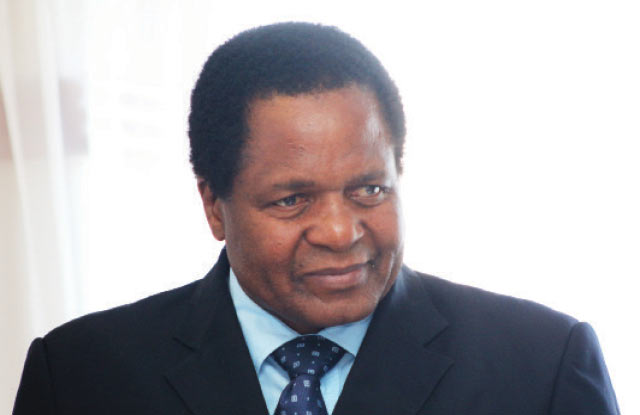Zim operationalises one stop shop investment centre

Oliver Kazunga Senior Business Reporter
ZIMBAbWE’S One Stop Shop investment centre will be fully operational on August 1 as the Government intensifies efforts to increase foreign direct investment inflows, a senior official has said.
The One Stop Shop (OSS) investment centre is the Zimbabwe Investment Authority’s arm tasked with reducing the time investors take to get their projects approved from 49 days to three days.
Full operationalisation of the OSS concept entails that investment application processes and procedures will now be done under one roof. This is unlike the present situation where investors have to move from one office or department to another to have their investment documents processed.
The crucial concept was launched in 2010 but missed operational deadlines over the years. It could not be fully implemented as Government departments seconded officers to the OSS who did not have decision making powers.
Speaking during a training workshop on the operationalisation of the OSS in Bulawayo yesterday, the Permanent Secretary in the Ministry of Economic Planning and Investment Promotion, Dr Desire Sibanda, said the Government would also make provincial investment offices fully operational and run by regional and investment officers.
“From the 1st of August 2016, the OSS investment centre at the Zimbabwe Investment Authority (ZIA) offices in Harare will be fully operational and you will be receiving all investors, particularly foreign direct investors who will be coming to Zimbabwe,” said Dr Sibanda.
“The training therefore offered by the Ministry of Economic Planning and Investment Promotion and the United Nations Development Programme marks the operationalisation of the OSS, which we have all been waiting for.”
He told the OSS officials attending the five-day training workshop in the city that the workshop creates a platform to review the bottlenecks that had a negative bearing on foreign direct investment inflows.
After the training workshop, Dr Sibanda said, the Government expects OSS officials to have developed the skills base to attract foreign and domestic investment to market the country and its resources to potential investors.
“We expect you (OSS officials) to assist ZIA to conduct efficiently and effectively post investment activities to ensure that investors are inspected and monitored to honour their commitments in terms of investment agreements.
“We also expect you to create favourable conditions for foreign investors to invest in this country and increase our foreign direct investment,” he said, adding that Zimbabwe was presently lagging behind in attracting foreign direct investment.
According to the United Nations Conference on Trade and Development’s 2016 World Investment Report, FDI flows to Zimbabwe last year were at $421 million from $545 million in 2014.
In 2010 the country attracted $166 million in FDI.
Dr Sibanda noted that investors were presently flocking into Africa and thus Zimbabwe was also open for business.
“Accordingly, we should be aware that investors are flocking into Africa. We need to rebrand Africa. As OSS we should work with the media not to focus on the negative but to give a full picture of Africa and Zimbabwe included, that we are open for business,” he said.
Dr Sibanda said the OSS should also encourage Diasporans to invest in Zimbabwe as that community is an important source of investment and contacts for the export market, building bridges and networks between local and foreign firms.
In 2015, Diaspora remittances to Zimbabwe closed the year at $935 million.
Other countries that have successfully implemented the OSS investment concept include Rwanda, Oman, Botswana, Senegal, Mauritius and Singapore.










Comments